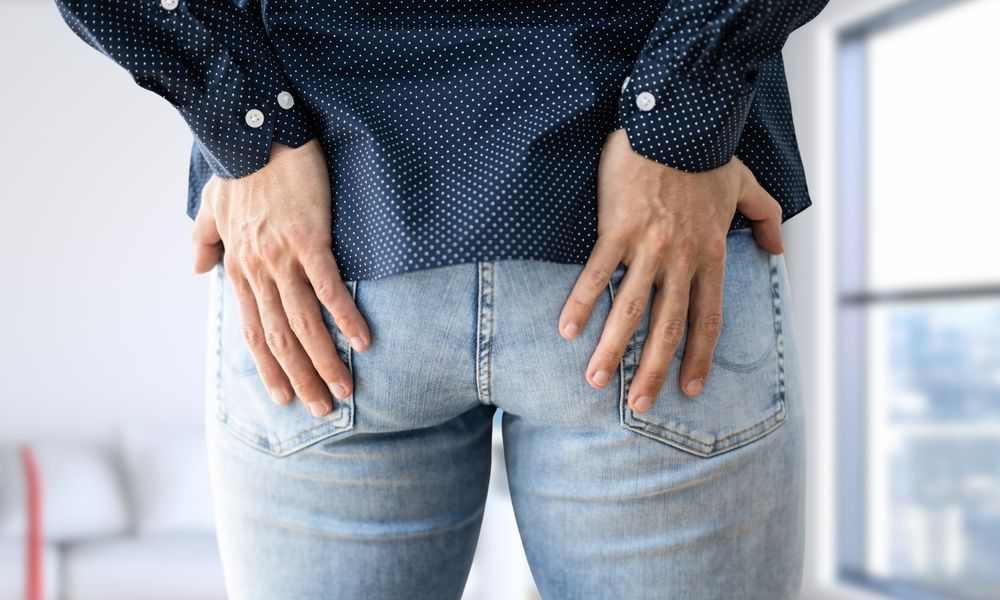How Long Does KP Last? Understanding Its Duration and Impact
Keratosis Pilaris (KP), often referred to as 'chicken skin', is a common skin condition that plagues many. For beauticians, understanding its duration and impact on clients is crucial. So, how long does KP last? This question is often asked by clients, and the answer can vary based on a multitude of factors.
KP primarily affects the arms, thighs, cheeks, and buttocks, making the skin feel rough and bumpy. The condition is caused by the buildup of keratin, a protein that protects the skin from infections and other harmful substances. While KP is generally harmless, it can be quite persistent.

Factors Influencing the Duration of KP
There are several factors that influence how long KP lasts. Understanding these can help beauticians provide better guidance and treatments for their clients.
Genetic Predisposition
Research indicates that KP is often hereditary. If a client has family members with the condition, they are more likely to experience it themselves. This genetic predisposition means the condition can be long-lasting if not managed properly.
Aging and Hormonal Changes
KP often appears in childhood and peaks during adolescence. However, hormonal changes, such as those occurring during pregnancy or puberty, can exacerbate the condition. Interestingly, KP can sometimes improve with age, as skin naturally changes and regenerates.
Environmental Factors
Climate and environmental factors can also affect how long KP lasts. Dry climates can worsen the condition, while humid environments might alleviate it. Season changes often bring about fluctuations in skin texture, which can make KP more or less noticeable.
Effective Management and Treatment Options
While KP might not have a permanent cure, there are several treatment options available that can manage and reduce its appearance. As a beautician, you can recommend these treatments to your clients for better skin health.
Exfoliation and Moisturization
Regular exfoliation with gentle scrubs can help remove dead skin cells and reduce the buildup of keratin. Following up with a moisturizer containing ingredients like urea, glycerin, or lactic acid is crucial in keeping the skin hydrated and smooth.
Topical Treatments
Using creams containing salicylic acid, retinoids, or alpha-hydroxy acids can help in exfoliating the skin and promoting cell turnover. These treatments should be used under the guidance of a dermatologist to avoid irritation.
Lifestyle Adjustments
Advising clients to maintain a healthy lifestyle, including a balanced diet and regular exercise, can contribute to overall skin health. Encouraging them to wear loose-fitting clothing and avoid abrasive soaps can also help in managing KP.
When to Seek Professional Help
While KP is typically a cosmetic issue, there are times when professional intervention is necessary. If a client experiences severe irritation or if the condition significantly impacts their self-esteem, it may be time to consult a dermatologist.
For more information on managing KP, beauticians can refer their clients to informative resources such as this Harvard Health article, which provides comprehensive insights into treatment and self-care.
Conclusion
Understanding how long KP lasts and its impact on clients is essential for beauticians looking to provide the best care and advice. While KP can be persistent, with the right management strategies, its effects can be minimized, allowing clients to embrace their skin with confidence. For further insights, beauticians can explore various resources such as Embracing Your Skin with KP, which offers valuable tips and advice.

FAQs
Is KP permanent?
KP can be long-lasting, but it often improves with age and with appropriate treatment. While it might not completely disappear, its appearance can be significantly reduced.
Can diet affect KP?
Yes, diet can play a role in skin health. A balanced diet rich in vitamins and minerals can help maintain healthy skin, potentially reducing the severity of KP.
Are there any home remedies for KP?
Yes, regular exfoliation and moisturization can be effective home remedies. Additionally, using natural oils like coconut oil can help soothe and hydrate the skin.

